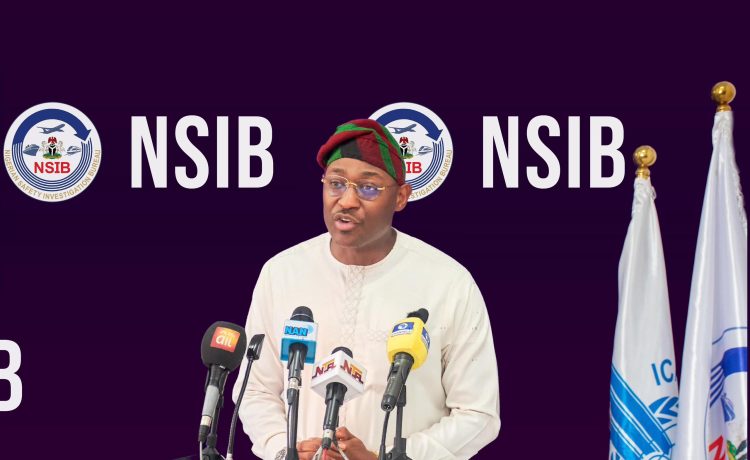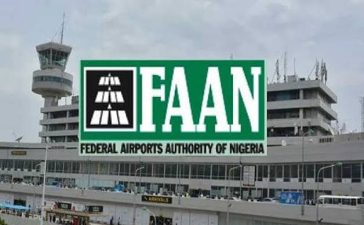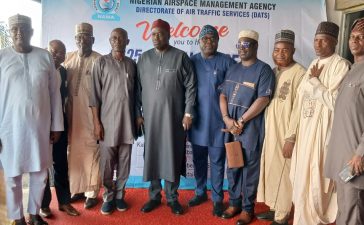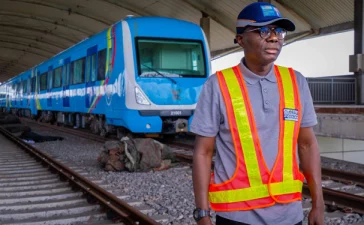The Nigerian Safety Investigation Bureau (NSIB) has reaffirmed its unwavering commitment to enhancing transportation safety across all sectors in Nigeria—air, marine, rail, and land transport—through an independent, standardised, and forward-thinking investigative model.
With a broadened mandate under the NSIB Act 2022, the Bureau is pioneering a multimodal safety oversight regime built on globally accepted investigative protocols and driven by a core mission: to prevent accidents by learning from them.
As part of this transformative agenda, NSIB is nearing completion of two key regulatory frameworks:
- The NSIB Casualty Investigation Regulations for the Maritime Sector
- The Rail and Track Accident Investigation Regulations for the Rail Sector
These regulations are tailored to Nigeria’s unique operational environments, yet benchmarked against international best practices. For instance, the maritime framework aligns with the IMO Casualty Investigation Code, covering inland waterways, ports, and Nigerian-flagged vessels. Meanwhile, the rail regulations account for the distinct geographic and operational features of Nigeria’s railway system while drawing from global rail safety standards.
Building on its existing alignment with ICAO Annex 13—which underpins its aviation investigations—NSIB’s expanded framework seeks to foster a unified safety culture across Nigeria’s transportation infrastructure.
“The goal is not merely to investigate accidents, but to ensure that every finding and safety recommendation becomes a cornerstone for safer transportation in Nigeria,” said Capt. Alex Badeh Jnr, Director General/CEO of NSIB.
A key strength of the regulatory process has been inclusive stakeholder engagement, including field visits to jetties, ports, rail lines, and other operational areas. This hands-on approach ensures the regulations are practical, adaptable, and free from theoretical ambiguities.
While NSIB leads in conducting independent safety investigations and issuing recommendations, implementation rests with relevant agencies. The Bureau is now urging entities such as:
- NIMASA
- Nigerian Ports Authority (NPA)
- National Inland Waterways Authority (NIWA)
- Nigerian Railway Corporation (NRC)
to build internal capacity to act on NSIB’s findings.
“Safety recommendations are not mere reports; they are calls to action,” Badeh emphasized. “The effectiveness of any investigation is measured not by how well it is written but by how well it is implemented.”
Looking ahead, NSIB will intensify public and stakeholder sensitisation as it finalises these regulations, working to ensure that lessons from past incidents become a national blueprint for a safer, more resilient transportation future.







